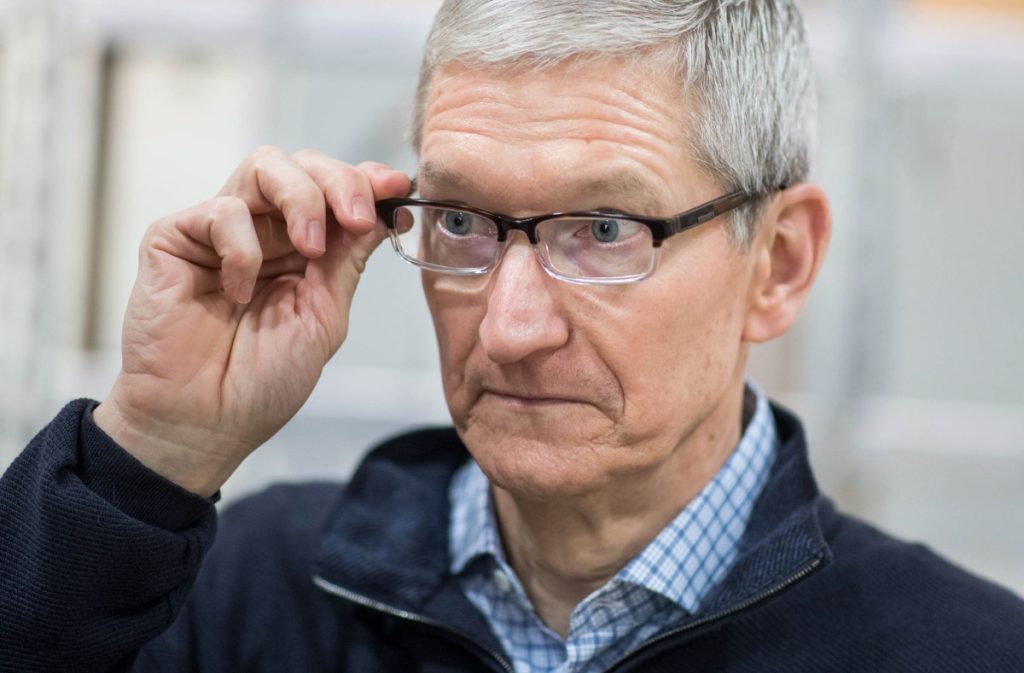Apple Refutes Comparisons to Microsoft in Landmark Antitrust Lawsuit
In the wake of a monumental antitrust lawsuit filed by the U.S. Department of Justice, Apple is vehemently rejecting any similarities between its current position and that of Microsoft in the 1990s. U.S. Attorney General Merrick Garland drew heavily upon this comparison in the recent filing, which was joined by 16 state attorneys general.
The Microsoft Precedent
While parts of United States v. Microsoft Corp. were later overturned, the software giant was ultimately compelled to alter certain practices deemed monopolistic by the government. Garland and the participating state attorneys general are undoubtedly aiming for a comparable result to rein in practices they believe give the $2.65 trillion company an unfair edge.
“In 1998, Apple co-founder Steve Jobs criticized Microsoft’s monopoly and ‘dirty tactics’ in operating systems to target Apple, which prompted the company ‘to go to the Department of Justice’ in hopes of getting Microsoft ‘to play fair,'”
The suit heavily suggests hypocrisy on Apple’s part, noting that even then, Apple users could use their iPod with a Windows PC, and Microsoft did not impose a 30% fee on each song downloaded from iTunes.
Apple’s Defense: Market Share and Competition
Apple points to global iPhone market share figures that fall far short of the 90+% dominance Windows enjoyed before the year 2000. The company argues that with global numbers around 20%, it’s hard to claim it is dominating the market like Microsoft did 25 years ago.
While the iPhone performs particularly well in the U.S., where it faces less competition from the low-cost handsets prevalent in India and China, Apple contends that the DOJ’s assertion that its “share of the entire U.S. smartphone market exceeds 65%” is misleading, as it refers to revenue rather than units sold. The company believes it holds less than half of the domestic market in terms of units.
The DOJ’s Focus: App Store Control and Interoperability
Much of the 88-page complaint centers on issues such as Apple’s strict App Store control, the Apple Watch’s inability to work with Android devices, and the infamous green bubbles. The attorneys general suggest that these factors, taken together, demonstrate the company’s use of its market position to pressure third parties and create obstacles for Android developers.
Interestingly, the suit claims that such actions contributed to the failure of Amazon, HTC, LG, and Microsoft’s attempts to compete in the smartphone market. Apple, however, dismisses the notion that these market failures were anyone’s fault but the companies themselves.
Technical Limitations and Security Concerns
Regarding the Apple Watch’s iOS exclusivity, the company argues that technical limitations are to blame, citing a three-year effort to create WatchOS/Android compatibility that was abandoned due to security and privacy concerns.
Similarly, while Apple has announced support for RCS messages on iPhone, it maintains that the continued presence of green bubbles is necessary to differentiate encryption and compatibility with certain Messages features, despite internal emails suggesting their removal would be bad for business.
The Crux of the Matter: Turning iOS into Android?
Ultimately, Apple contends that the lawsuit aims to effectively transform iOS into Android, citing the 2008 Supreme Court case, Pacific Bell Co. v. LinkLine Communications, which ruled that Pac Bell did not violate antitrust rules and could choose the companies it works with.
“If successful, [the lawsuit] would hinder our ability to create the kind of technology people expect from Apple—where hardware, software, and services intersect, It would also set a dangerous precedent, empowering government to take a heavy hand in designing people’s technology. We believe this lawsuit is wrong on the facts and the law, and we will vigorously defend against it.”
As the case unfolds, Apple is likely to argue that it is not responsible for propping up

4 Comments
Oh, because Apple’s garden walls are just for decoration, right
Apples and oranges, but somehow both in tech’s court of controversy!
Oh please, Apple acting like their walled garden isn’t the same vibe as Microsoft’s empire? Eye-roll.
Apple’s just playing their own game in a monopoly-themed party, apparently!